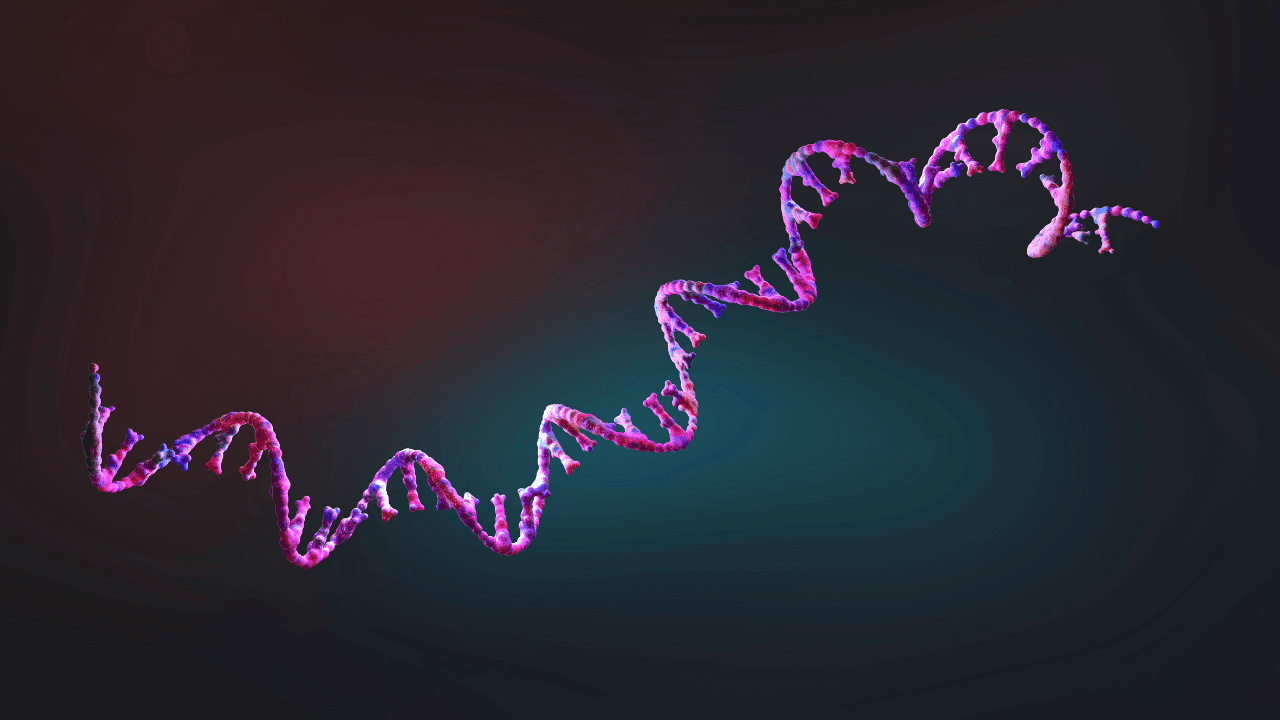Nov 24, 2025
|
6
min read
Introduction
For years, biotech students were told that wet lab skills are everything. PCR, Western blots, culturing, reagents, pipettes, long hours in the lab — that was the picture of “real biotech”.
But the industry has changed.
Today, biotech jobs are shifting heavily toward dry lab, data, and AI-driven workflows. Wet lab isn’t useless, but it’s no longer enough on its own to land the roles most companies are hiring for.
Let’s break down why dry lab skills matter more than ever, and how you can prepare for this new era.
1. Wet lab alone is not enough for today’s biotech jobs
Wet lab work is critical, but it also comes with limitations:
It’s slow
It’s expensive
It’s hard to scale
It produces massive data that must be analyzed
Modern biotech and pharma companies want scientists who can work with data, code, automation tools and AI systems. Wet lab is only one part of the job now — not the whole picture.
Even many wet-lab roles now require:
Basic coding
Data interpretation
Working with computational tools
Understanding AI-based workflows
If you only know wet lab, you are missing the other half of the puzzle.
2. The industry has shifted to wet + dry + data (all at once)
A major insight from recent biotech workforce reports is that biotech is no longer split into “wet lab vs dry lab”.
It’s all three together:
Wet lab generates data
Dry lab analyzes, models and predicts
AI/data science accelerates decision-making
The industry now depends on people who can work across these zones.
According to RecruitsLab, companies increasingly prefer hybrid scientists who can:
Design experiments
Analyze omics datasets
Use computational pipelines
Build or work with AI models
This combination simply gives better productivity, faster research and higher innovation.
3. AI is transforming biotech and healthcare faster than ever
AI is now playing a critical role across the entire life sciences workflow. From the PMC article and industry insights:
AI is used for:
Predicting protein structures
Designing new drugs
Discovering new biomarkers
Understanding disease pathways
Automating diagnostics
Handling huge genomics datasets
Companies like:
GSK uses AI to prioritize drug targets
Novartis uses AI-assisted drug discovery tools
DeepMind’s AlphaFold predicted 200M+ protein structures
Moderna uses AI to accelerate vaccine development
These innovations are dry-lab and computation heavy, not traditional lab-only work.
If you don’t understand AI in biotech, you’re already behind.
4. Dry lab skills automate what wet lab cannot
Here’s what dry lab + AI can do that pure wet lab cannot:
Faster Results
A simulation can test thousands of drug molecules in minutes. Wet lab would take months.
Cheaper Processes
Computational pipelines reduce cost of reagents, materials and testing.
Better Accuracy
AI models identify patterns humans miss.
Scalability
Bioinformatics workflows can run on millions of samples, something impossible manually.
Interdisciplinary Value
Dry lab work connects biology with:
Data science
Machine learning
Cloud computing
Large language models
This is where the most valuable biotech jobs are growing.
5. Why students need dry lab + AI skills to grow in their biotech career
Most students chase wet lab jobs, but the job market tells a different story.
Companies now hire for roles like:
Bioinformatics scientist
Genomics data analyst
Clinical data scientist
AI in drug discovery associate
Computational biology researcher
Biomarker technology specialist
These roles pay better, grow faster, and are more future-proof.
And every one of them requires:
Coding
Data analysis
AI exposure
Understanding computational tools
Not just PCR and pipetting.
6. The future belongs to hybrid biotech talent
The next 10 years belong to people who can merge biology with technology.
Skills that will matter most:
Python and R
Genomics and transcriptomics analysis
Using bioinformatics tools
Working with AI models in biotech
Understanding LLMs for scientific tasks
Cloud platforms like AWS or GCP
Next-gen pipelines like Nextflow and Snakemake
Wet lab alone will not give you these.
Dry lab skills make you:
More employable
More versatile
More aligned with industry
More ready for high-impact roles
7. A program that prepares you for AI + biotech jobs
If you want to build a strong biotech career today, the smartest move is picking a program that prepares you for dry lab and AI-driven roles.
That’s where Bversity’s PG Programme for Gen-AI in Life Sciences & Healthcare comes in.
This program teaches you:
Foundations of AI in biotech
Bioinformatics workflows
Prompt engineering for research
Drug discovery with AI tools
Real-world projects with datasets
Industry-ready problem-solving
Built-in internship and placement support
If you want a career that grows with the future of biotech, start with dry lab and AI — not just wet lab experiments.
Final Thoughts
Wet lab skills are valuable, but biotech has evolved into a data-driven industry.
AI is reshaping drug discovery, genomics, diagnostics, and clinical workflows.
If you want great biotech jobs, start building:
Dry lab skills
Coding
Bioinformatics
AI knowledge
This is how you prepare for a biotech career that is future-proof, high-impact, and aligned with where the world is heading.



